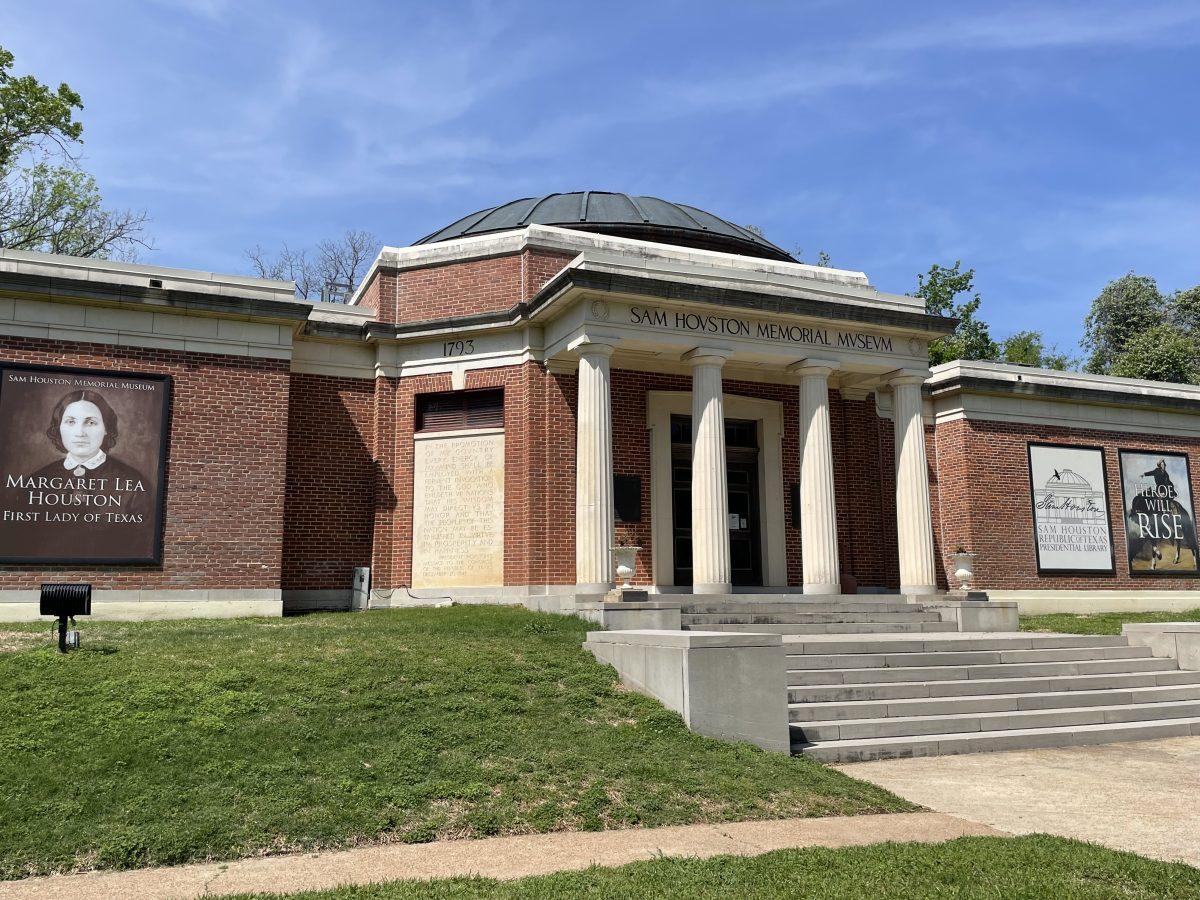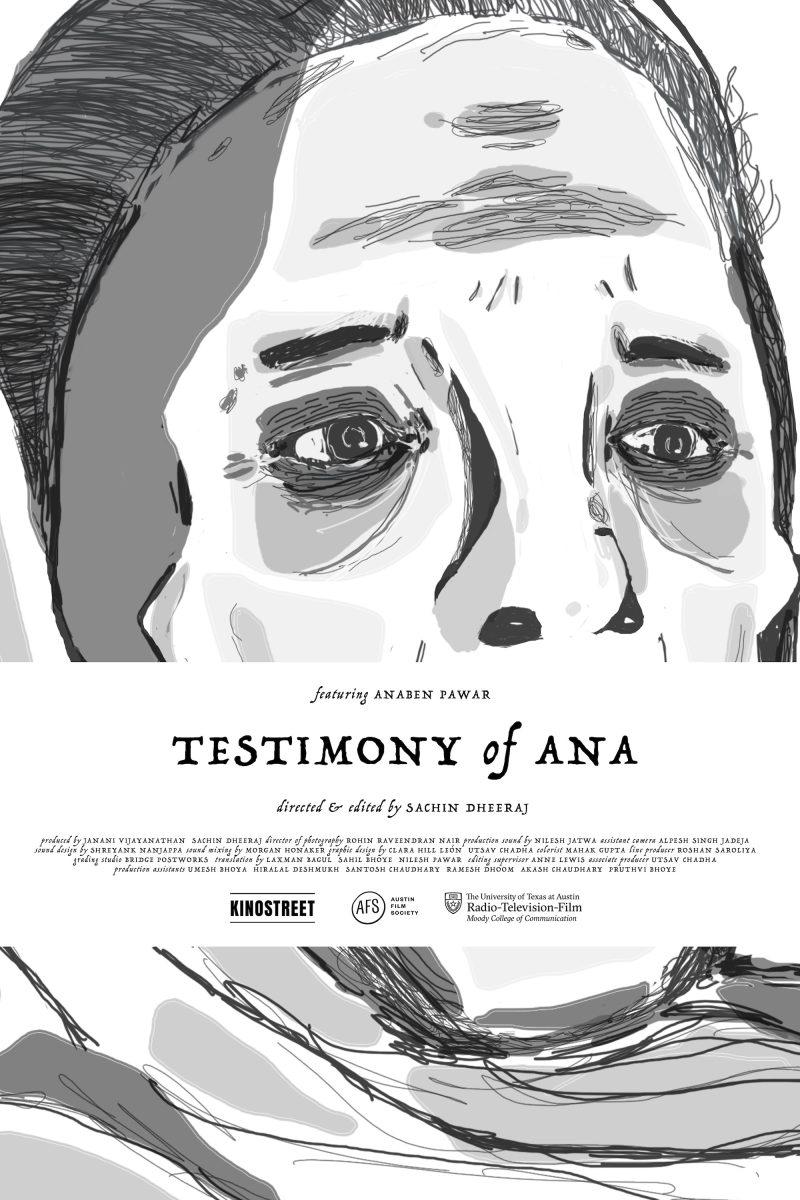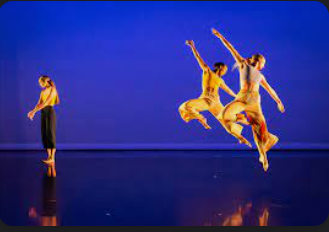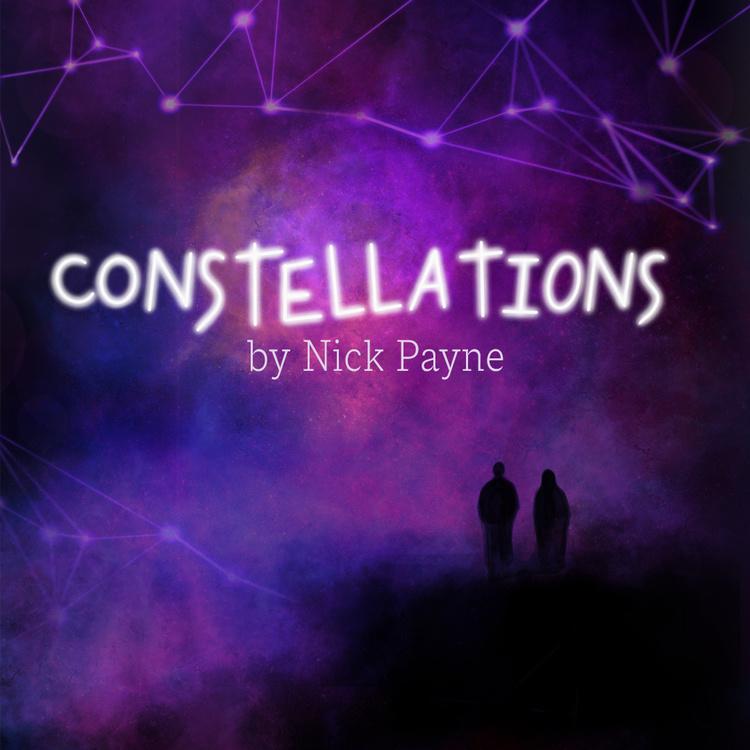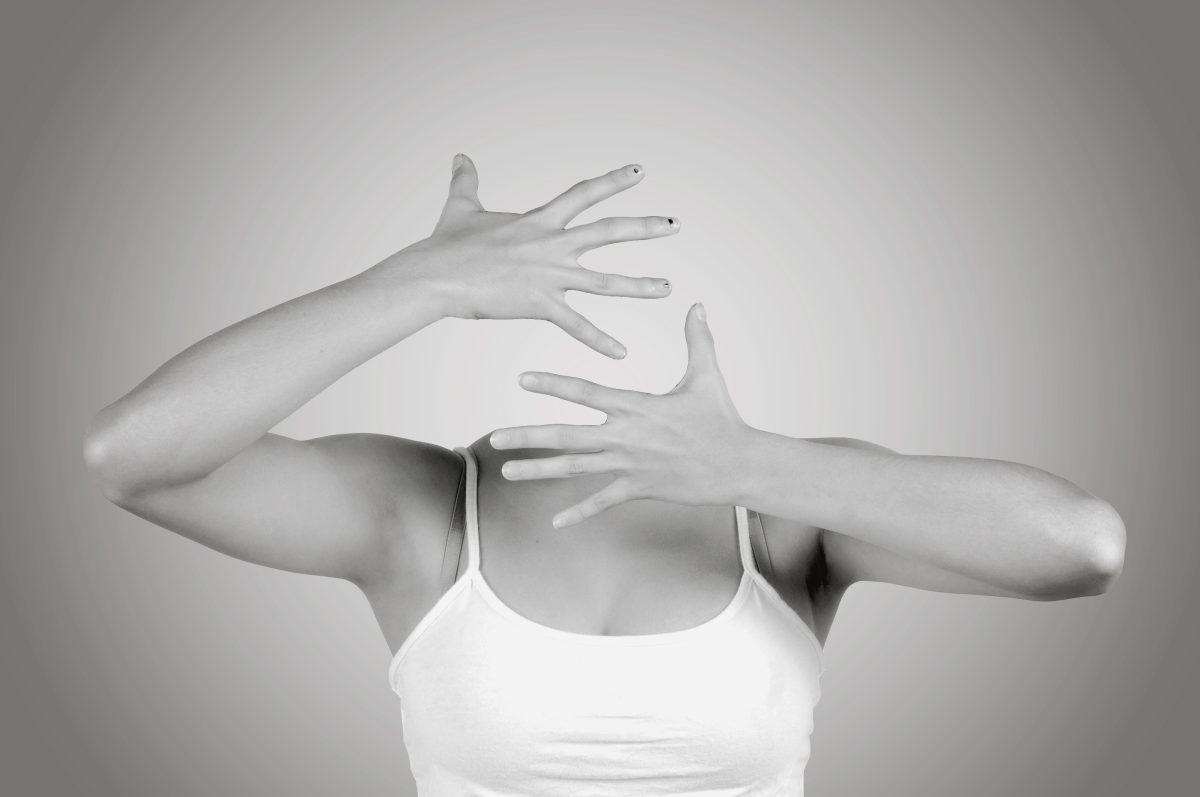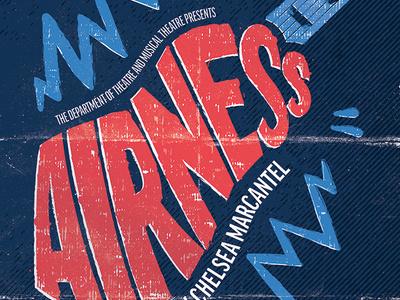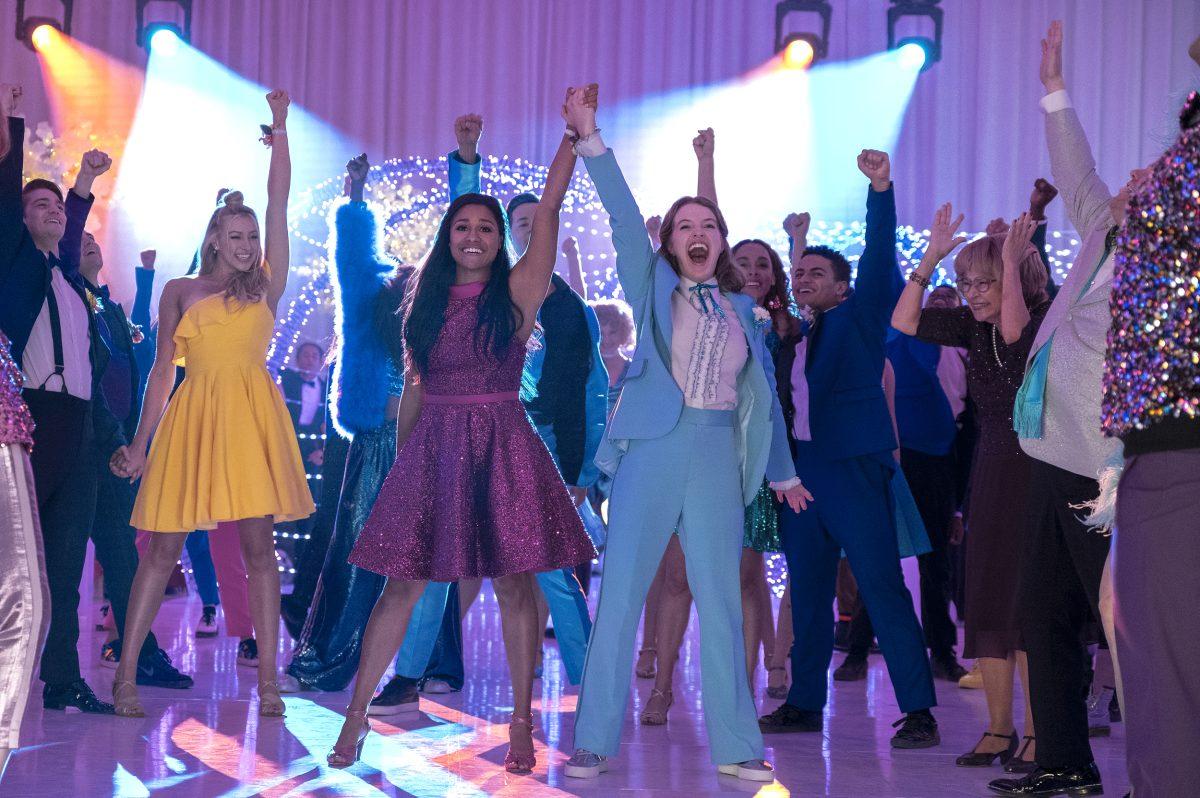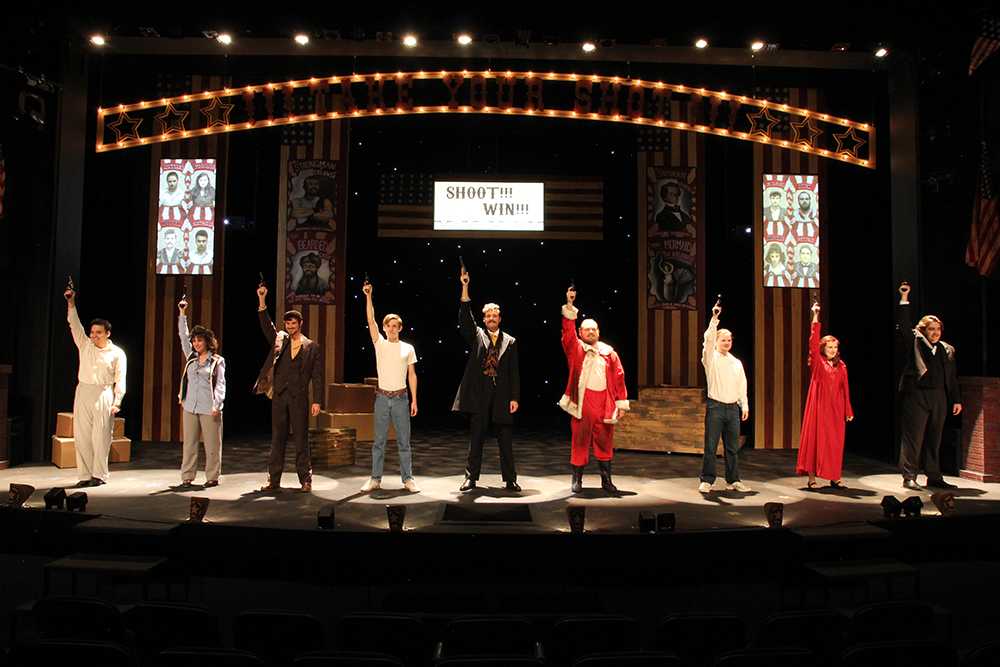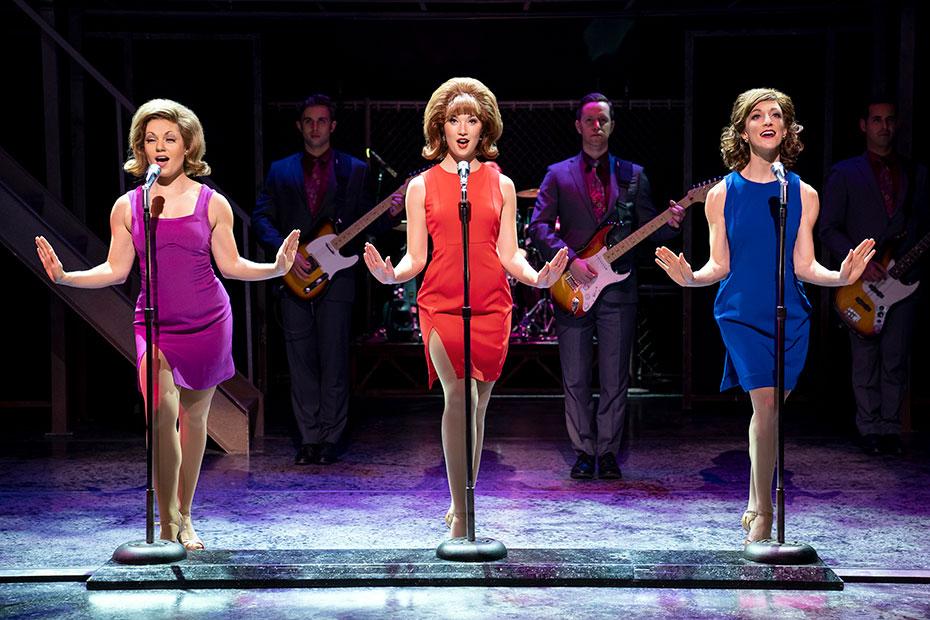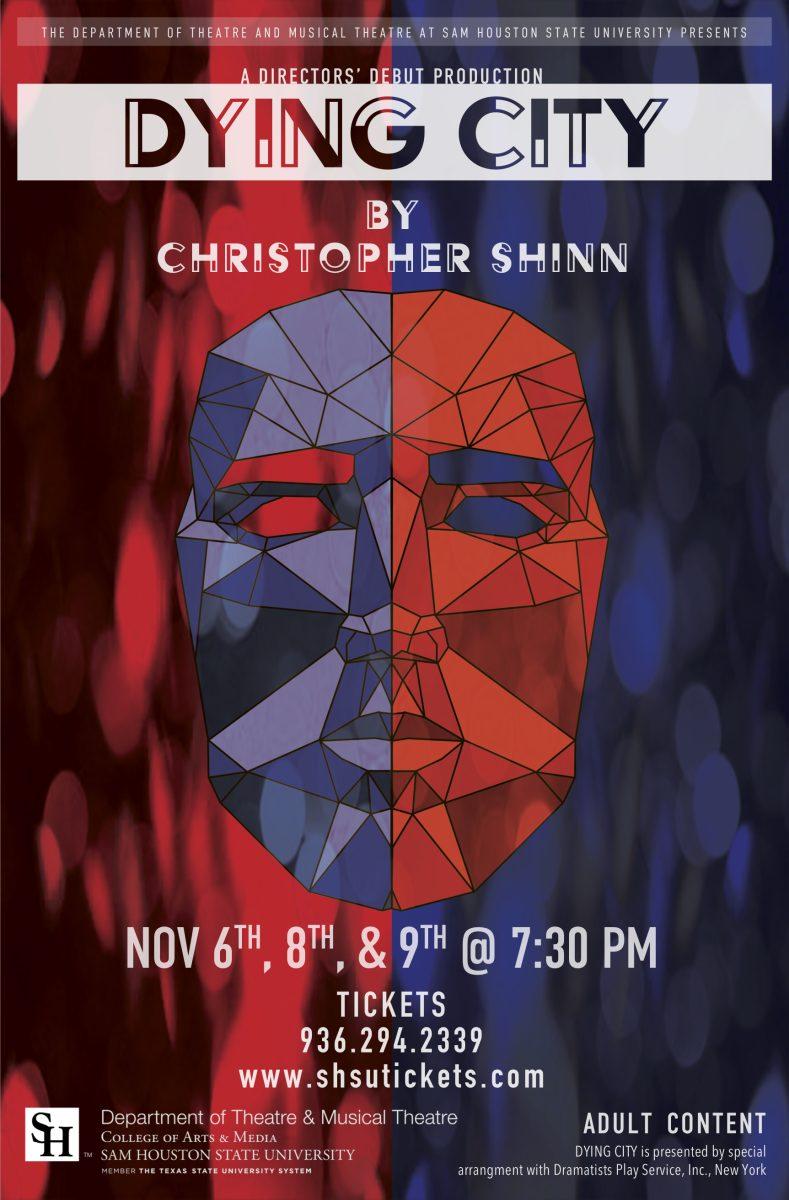“Machinal” took the stage for the first time yesterday and from beginning to end, audience members experienced an eerie and sometimes uncomfortable setting.
In “Machinal,” the bold protagonist, Helen, is in the constant struggle for love and, more importantly, her struggle to understand her insanity.
Throughout the play, there are many bold displays of provocative behavior and some domestic violence. While some scenes were hard to watch, they played an important role in the plot, and most times these uneasy scenes were displayed through an interesting silhouette on canvas.
The play used three different towers with various images projected upon them. That was the only set pieces besides two blocks, requiring the directors and designers to use the towers in a very abstract way. This often allowed distortion, not only of the images they were projecting, but distortion of your thought process. That seemed to be an ongoing theme in the play.
However, the disorienting play let the talented actors make their intentions and the plot very clear. The plot itself was deeply involved with the common understanding of Helen and her insanity. Not only do you see her swaying emotions grow to sometimes violent situations, you actually see her thought process. Often, her thoughts were acted out, but most times, they projected onto the three towers.
During the play, the theme seems to be constant and is often drilled into your mind with repetitiveness.
The play also displayed an interesting dance number, amplifying the 1920’s setting. There is also a little singing, which showcases the magnificent cast’s range of abilities and talent.
The director of the David McTier, Ph.D, said the energy was good and the audience was attentive. He also noted the technical aspect of the show, saying it is a difficult show to put on. This was observed from the audience perspective, but for the entirety of the play, transitions between projections, lighting and sound were borderline flawless. Props to you, technical crew.
“Machinal” will be showing in the Erica Starr Theatre evenings at 8 p.m. through Oct. 11.
For more information, contact 936-294-1339.





